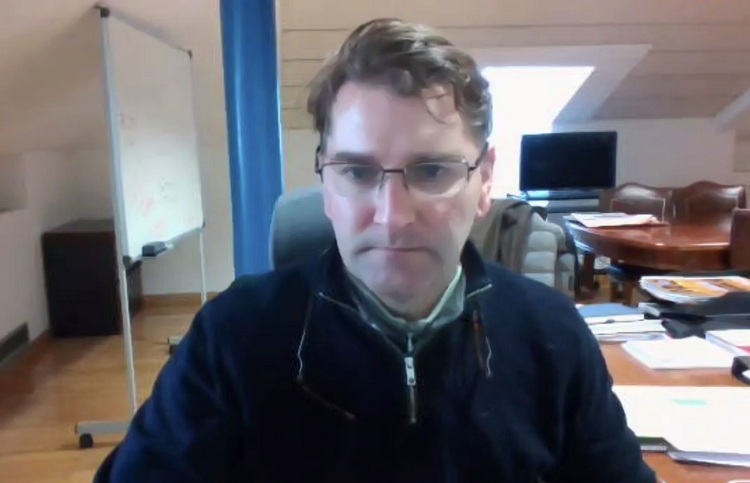Eduardo González
The Autonomous Communities will receive 58% of the 12,277 million euros that will arrive in Spain this year from the European Recovery Fund, but this will oblige them to manage this money “responsibly” because, otherwise, the disbursement of the following items of the Next Generation EU plan for the whole country will be “jeopardised”.
This is one of the main conclusions of the virtual seminar on The management of European funds and the Autonomous Regions, organised last Wednesday by Fundación Alternativas and the Association for a Federal Spain to analyse the involvement in Spain of the 140 billion euros of the Next Generation EU fund, which was presented by Diego López Garrido, Executive Vice President of Fundación Alternativas, and moderated by Nicolás Sartorius, President of the Association for a Federal Spain and President of the Advisory Council of Fundación Alternativas.
During the meeting, the Secretary General for Economic Affairs of the Presidency of the Government, Manuel de la Rocha, stressed that the Recovery Plan did not come about “by accident or by chance”, but was the result of “five days of very arduous negotiations in which sufficient resources were obtained for Spain” and in which the funds “did not come in the form of loans but rather in the form of transfers, and also taking a step forward in the fiscal union and federalisation of Europe by issuing common debt and transferring all this debt to the states, which are jointly responsible for repaying the money”.
Likewise, he continued, the granting of aid is conditional on the approval of national plans that “must be approved” by the EU and which “must include investments and reforms” aimed, above all, at climate sustainability and digitalisation. For this reason, he said, on 7 October the government presented a draft plan for “recovery, transformation and resilience” based on “the Commission’s criteria” and entitled Spain can. The plan began to be implemented on 1 January, although it has not yet received final approval from the EU, and will continue until 2026. “The government has decided that, for the time being, it will use the 72 billion transfers between now and 2023, and then apply for loans until 2026”, he said.
In order to “guarantee control, transparency and accountability” of the funds, De la Rocha continued, the Government has set up a governance mechanism under the Ministry of Finance and has created a General Secretariat for its “implementation” (De la Rocha was elevated from Director General to Secretary of State for Economic Affairs and G20 in Moncloa on 29 December) and an inter-ministerial Commission for its “political follow-up” chaired by the head of the executive, Pedro Sánchez.
Furthermore, the Secretary of State continued, the fund represents an “enormous opportunity to move towards co-governance and co-responsibility between autonomous communities and the government”, since the execution of this money in the areas of regional competence will be the responsibility of the regional executives through “transfers from the state”. “It cannot be otherwise, the State cannot encroach on competences”, he said.
“However”, he warned, “the European funds respond to a national plan and the money will be disbursed twice a year depending on the fulfilment of the objectives” set by the European institutions. Therefore, “it is true that there are funds that will be distributed to the Autonomous Communities, but if an Autonomous Community delays, does not spend all the money or misuses the funds, it will jeopardise subsequent disbursements“, he continued. For this reason, the fund “creates an element of loyalty and co-responsibility, because whoever does not comply with the objectives will put at risk funds that are for everyone”.







